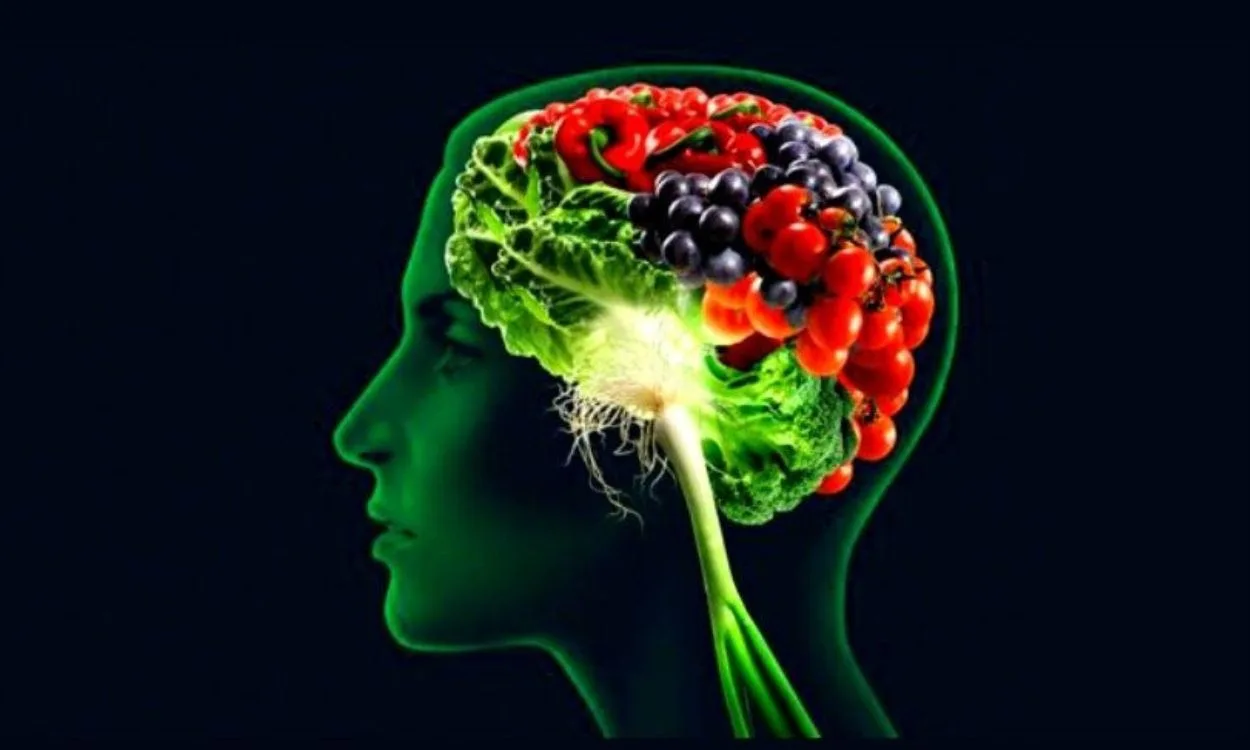Can diet affect mental health?
Introduction
The link between diet and physical health is well-known, but did you know that what you eat can also impact your mental health? It’s true! The food we consume plays a crucial role in the functioning of our brain and can have a significant impact on our mood, emotions, and overall mental well-being. In this article, we will explore the connection between diet and mental health and uncover how the right food choices can contribute to a happier and healthier mind.
The Gut-Brain Connection
To understand how diet affects mental health, we need to delve into the fascinating world of the gut-brain connection. Our gut is home to trillions of microorganisms, collectively known as the gut microbiota. These microorganisms play a crucial role in various bodily functions, including digestion, immune system regulation, and yes, even our mental health.
Research has shown that the gut microbiota communicates with the brain through the gut-brain axis, a bidirectional pathway that involves signals traveling between the two organs. This means that the state of our gut health can influence our brain function, mood, and behavior. So, how does diet fit into this equation?
The Impact of Diet on Mental Health
- Nutrient Deficiencies: A poor diet lacking in essential nutrients can have a detrimental effect on mental health. For example, deficiencies in vitamins B12, D, and folate have been linked to an increased risk of depression and other mental disorders. Consuming a well-balanced diet rich in fruits, vegetables, whole grains, lean proteins, and healthy fats ensures an adequate intake of these vital nutrients.
- Inflammation: Certain foods, such as sugary snacks, processed meats, and refined grains, can trigger inflammation in the body. Chronic inflammation has been associated with a higher risk of developing mental health conditions like depression and anxiety. On the other hand, an anti-inflammatory diet, which includes foods like fatty fish, nuts, seeds, and leafy greens, can help reduce inflammation and promote mental well-being.
- Gut Microbiota: As mentioned earlier, the health of our gut microbiota directly affects our mental health. Consuming a diet high in fiber supports the growth of beneficial gut bacteria, leading to a healthier gut microbiota. This, in turn, can positively impact mood and cognitive function. Include fiber-rich foods like whole grains, legumes, fruits, and vegetables in your diet to nurture your gut microbiota.
- Blood Sugar Levels: The foods we eat can have a significant impact on our blood sugar levels. Consuming excessive amounts of sugary foods and drinks can cause spikes and crashes in blood sugar, leading to mood swings, irritability, and poor mental focus. Opting for complex carbohydrates like whole grains and incorporating protein and healthy fats can help stabilize blood sugar levels and promote a more balanced mood.
The Fitpaa Solution
Now that we understand the connection between diet and mental health, it’s time to take action. Fitpaa, an AI-driven Metabolism monitoring and management technology, can assist you in achieving your health and fitness goals while prioritizing your mental well-being. Here’s how Fitpaa can help:
- Metabolism Assessment: Fitpaa’s Metabolism Monitoring Technology assesses your current metabolism to identify the root cause of your health condition. By optimizing your metabolism through personalized Fitpaa Capsule, you can work towards improving your mental health along with your physical well-being.
- Fitpaa Capsule: Fitpaa’s expert team of fitness coaches, nutritionists, and doctors prepares your Personalized Fitpaa Capsule based on your metabolism, health goals, lifestyle, and eating habits. This comprehensive plan combines medical therapy, exercise therapy, nutrition therapy, and cognitive behavior therapy to optimize your metabolism and support mental wellness.
- Real-time Guidance: Fitpaa’s Real-time Guidance technology, incorporating habit-building and purpose-finding concepts from cognitive behavioral therapy, provides timely nudges and guidance throughout the day. This helps release the right hormones inside your body, keeping you in a positive state and motivated to take necessary actions for desired results.
- Fitpaa Mobile App: The Fitpaa mobile app offers all the necessary tools to support your mental health journey. It provides a virtual workout trainer, diet tracker, performance tracking, progress tracking, and much more. With regular progress reviews by a team of experts, you can make course corrections as needed until your mental health goals are achieved.
Conclusion
In conclusion, diet plays a significant role in our mental health. By nourishing our body with a well-balanced diet rich in nutrients, supporting our gut microbiota, and stabilizing blood sugar levels, we can positively impact our mental well-being. Fitpaa’s personalized approach, backed by AI-driven technology and a team of experts, can help you achieve your mental health goals along with your overall fitness aspirations. Take the first step towards a healthier mind and body by downloading the Fitpaa app today!









